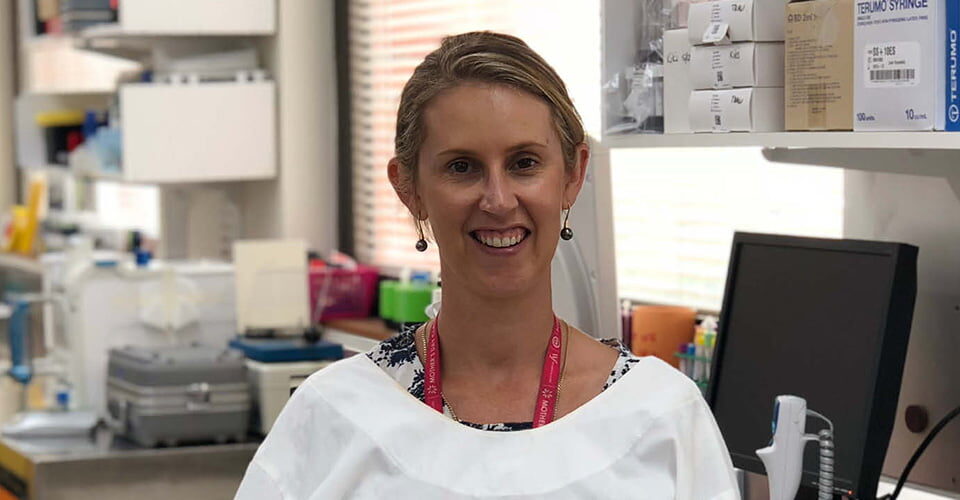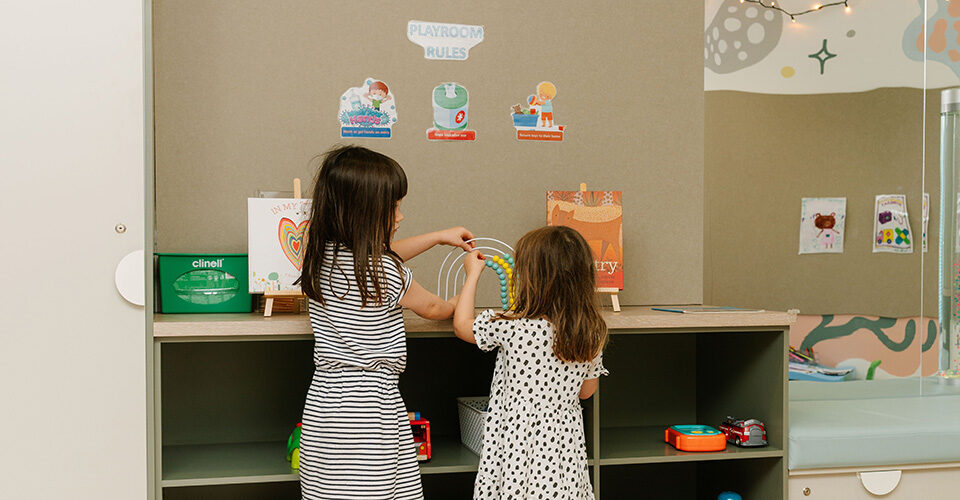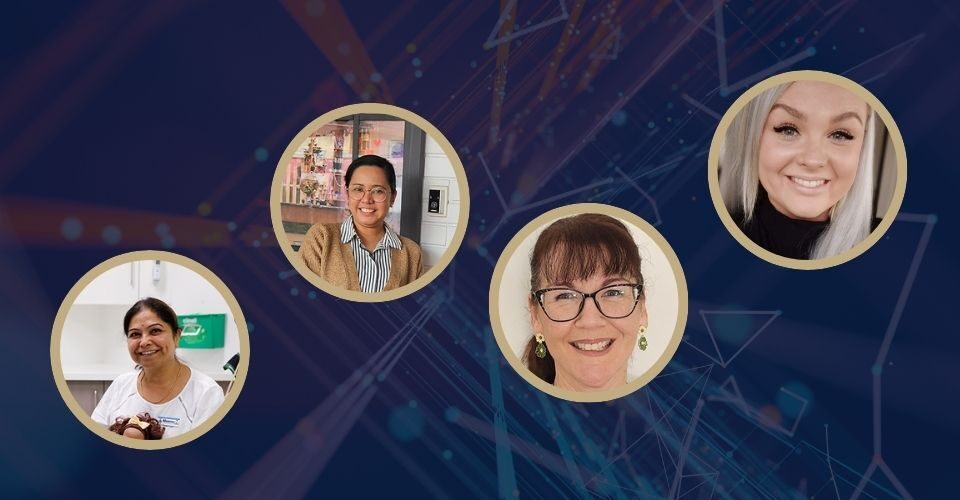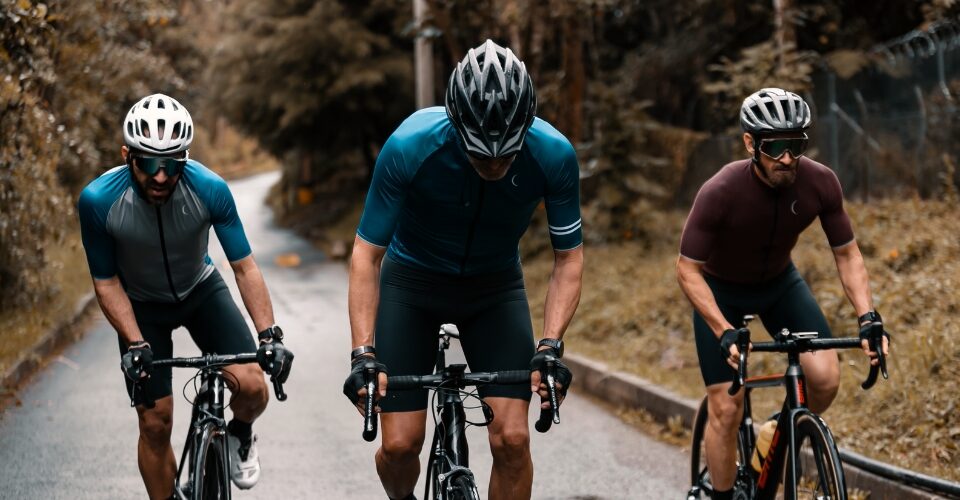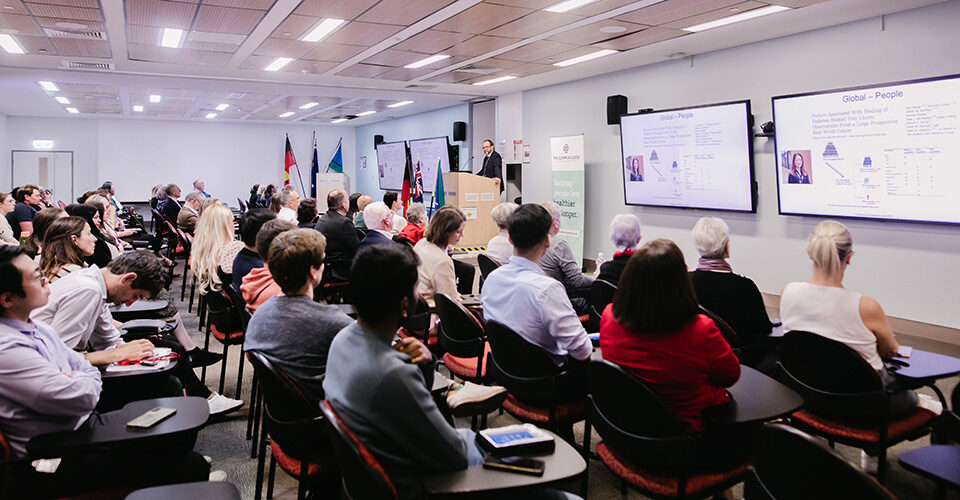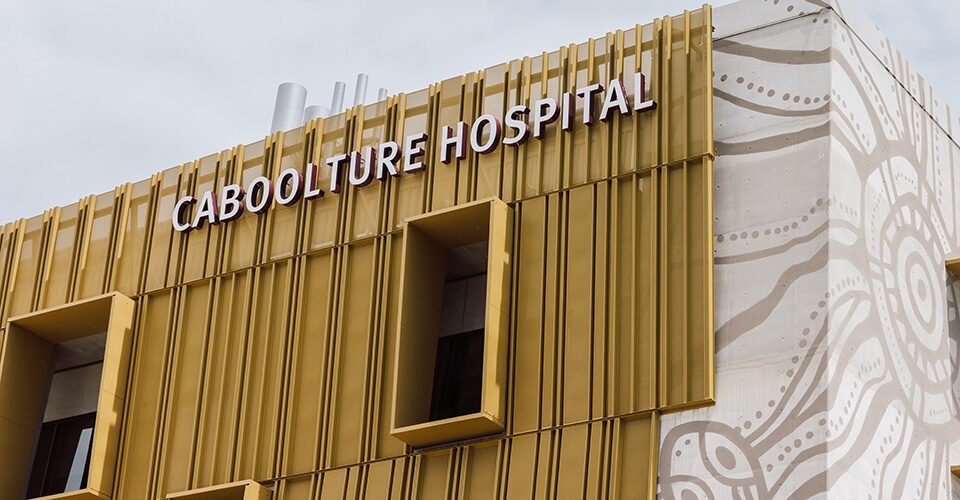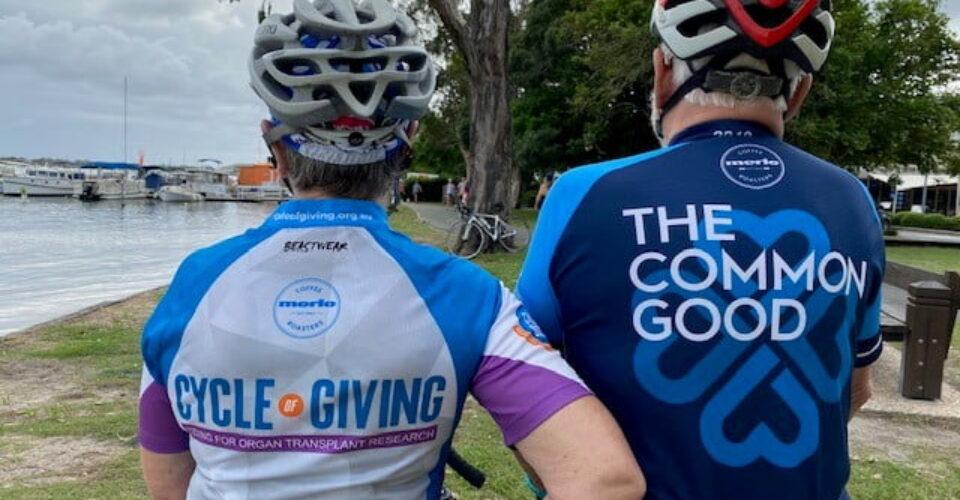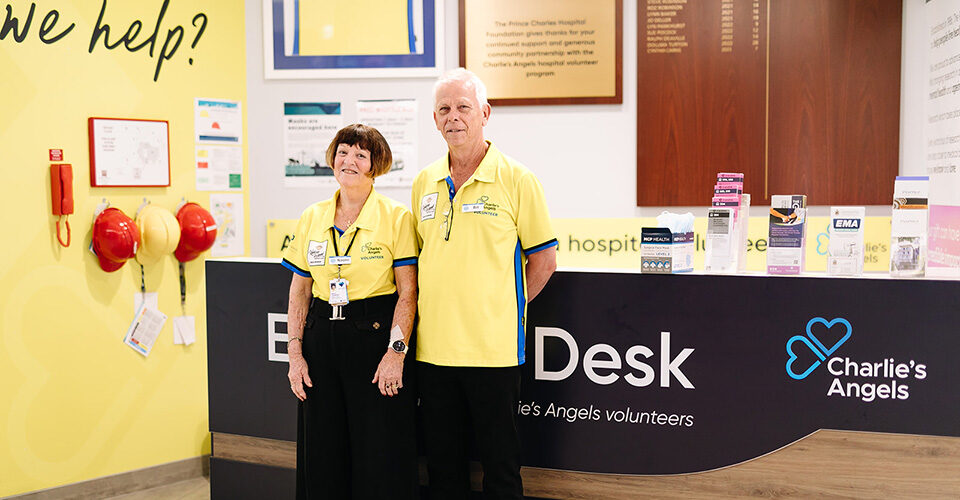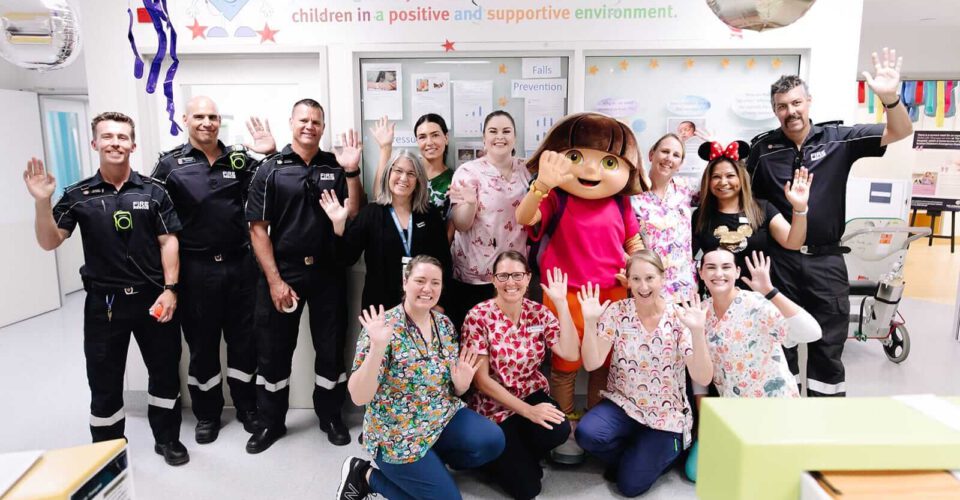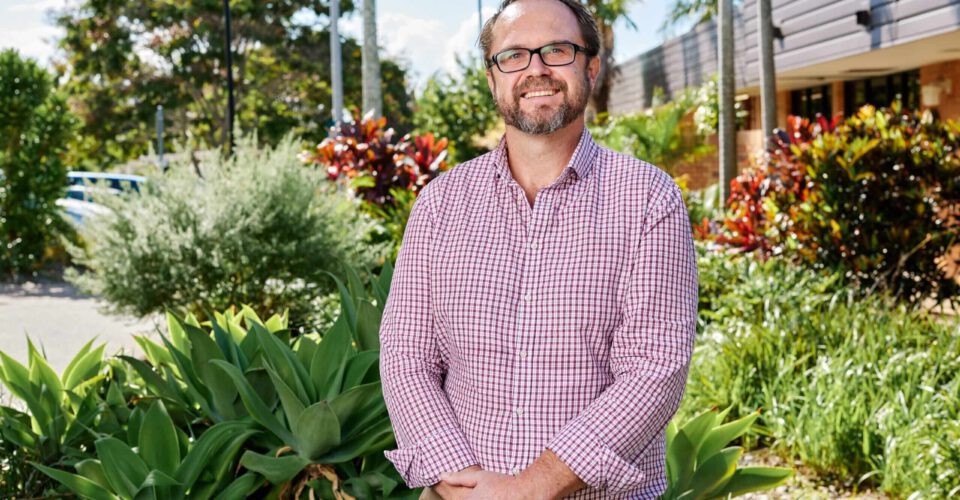Updated: Wednesday, November 2 2022
The Prince Charles Hospital’s Critical Care Research Group is revolutionising the way donated organs are transported, addressing one of the major challenges facing the transplant field.
Researcher Dr Louise See Hoe, from The Critical Care Research Group, spent more than four years of pre-clinical research investigating the use of a novel hypothermic ex vivo perfusion (HEVP) device that allows a donor heart to be rejuvenated before surgery. Until now, a donor heart would be transported in an ice slush, a practice that has remained relatively unchanged for more than five decades. This only preserves the donor heart for around four hours before the quality of it decreases.
Louise’s research instead involves keeping the heart ‘alive’ via HEVP with a nutrient-rich solution called perfusate. Perfusae has been described as a “high-performance sports drink for the heart”. It keeps the heart muscle cool and supplies it with oxygen, extending the length of time the heart is viable. HEVP, therefore, allows donated hearts to travel further.
TransTasman clinical trial saves thirty lives and counting
The pre-clinical research is now being further explored in a TransTasman clinical trial involving five hospital sites across Australia and New Zealand. The technology has already been used in over 30 cases across Australia, transporting hearts that may otherwise not have been viable for transplantation.
Director of The Critical Care Research Group, Professor John Fraser, hopes that these successful transplants will herald a new era for organ transplant surgery.
“It is great to see the long study translate into life-saving outcomes. HEVP means we can potentially transport a donor heart from Brisbane to Perth, and maybe even overseas. This work will ensure Australians with heart disease will have a greater chance of survival and that we can increase the number of hearts available for transplant each year,” he said.
“This is an exciting trial that would not have been possible without the support of The Common Good who are backed by generous and kind members of the public.”
The Common Good backing research that saves lives
The Common Good’s Chief Executive Officer, Michael Hornby, said the machine can save more lives across the country.
“Australia is a big country and a longer window of time gives doctors a lot more options to transport hearts across the continent,” he said.
Last year, The Common Good’s Big Hearted Christmas appeal saw over 1,400 life-changing hours funded for research into heart disease. With your support, researchers like Louise can continue to make even more life-changing medical breakthroughs.
